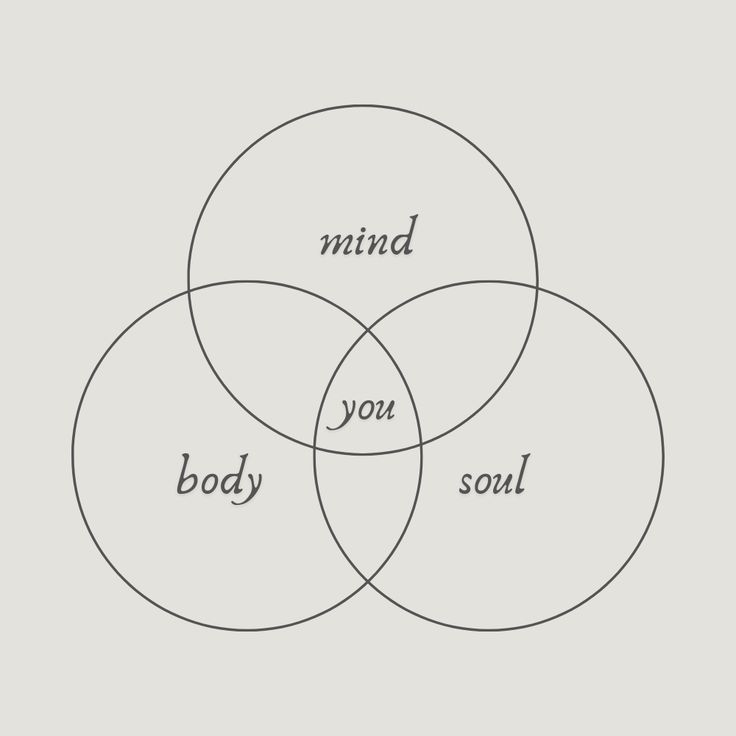
Table of Contents
ToggleSoul healing
We’ve all experienced pain—betrayal by someone we trusted, hurtful words that echo long after they were spoken, or regrets we carry deep within. These emotional wounds don’t just affect our thoughts or behavior; they weigh heavily on the soul. One of the most powerful paths to soul healing is forgiveness.
But forgiveness is often misunderstood. It isn’t about excusing harm or forgetting the past. It’s about releasing the grip that pain and resentment have on your spirit. True forgiveness is not a weakness—it’s a sacred act of healing.
Let’s explore why forgiveness is essential to soul healing, what science and spirituality say about it, and how to begin your own journey toward emotional and spiritual freedom.
Understanding Soul Wounds
Before diving into forgiveness, it’s important to recognize what soul wounds are. These wounds are deeper than emotional bruises—they affect your core sense of self, connection, and purpose. You might feel:
Persistent emotional pain or resentment
Disconnection from yourself or others
Guilt, shame, or self-blame
A sense of being stuck or spiritually blocked
These signs often point to unresolved hurt or unhealed relationships—either with others or with yourself.
Why Forgiveness Is Essential for Soul Healing
1. Forgiveness Releases Emotional Burdens
Holding onto anger, blame, or guilt can feel like dragging heavy chains wherever you go. Forgiveness cuts those chains—not for the other person’s benefit, but for yours. Letting go doesn’t mean the hurt didn’t happen. It means it no longer controls you.
Psychologist Dr. Fred Luskin of Stanford University, who leads the Forgiveness Project, found that people who practice forgiveness experience lower stress, fewer symptoms of depression, and increased happi
2. Forgiveness Reconnects You with Your Higher Self
From a spiritual perspective, forgiveness is not just emotional—it’s energetic. When we hold onto grudges or guilt, we block the natural flow of love, compassion, and divine connection within us. Forgiveness reopens that flow, allowing us to feel peace, clarity, and purpose once again.
As the Sant Nirankari Mission teaches, true healing begins when we recognize the divine light within every soul, including our own. Seeing others—and ourselves—as part of that oneness makes forgiveness a natural and necessary step.
What Forgiveness Is (and Isn’t)
It’s important to clear up some common misconceptions:
Forgiveness is not saying what happened was okay. It’s saying, “I choose to stop reliving this pain.”
Forgiveness is not the same as reconciliation. You can forgive someone without allowing them back into your life.
Forgiveness is not instant. It’s a process—a decision you may need to make more than once.
Most importantly, forgiveness includes forgiving yourself. Many people are harder on themselves than anyone else ever was. Soul healing starts when we extend the same compassion inward.
How to Begin the Forgiveness Process
1. Acknowledge the Hurt
Don’t suppress or deny the pain. Honor what you felt and give yourself space to grieve. Write it down, speak to someone you trust, or simply allow the emotions to surface.
2. Understand the Source
Often, those who hurt us are acting from their own wounds or ignorance. This doesn’t excuse their behavior, but it can help you detach your identity from their actions.
3. Make the Choice to Forgive
You don’t need to wait for an apology or resolution. Forgiveness is your choice. Say it out loud or in your heart:
“I release this pain. I choose peace over resentment.”
4. Practice Compassion and Gratitude
Send loving energy to yourself, and if you’re ready, to the person who hurt you. Replace bitterness with gratitude for the strength and growth you’ve gained.
5. Repeat and Reflect
Healing is ongoing. You may need to revisit forgiveness multiple times. That’s okay. Each time, you lighten your soul a little more.
Experience the power of soul healing with tools and insights from Spritual Collection. Discover practices that restore inner peace, release emotional pain, and reconnect you with your true self. Whether through meditation, forgiveness, or spiritual wisdom, begin your journey toward deep, lasting healing and spiritual transformation—one soulful step at a time.
